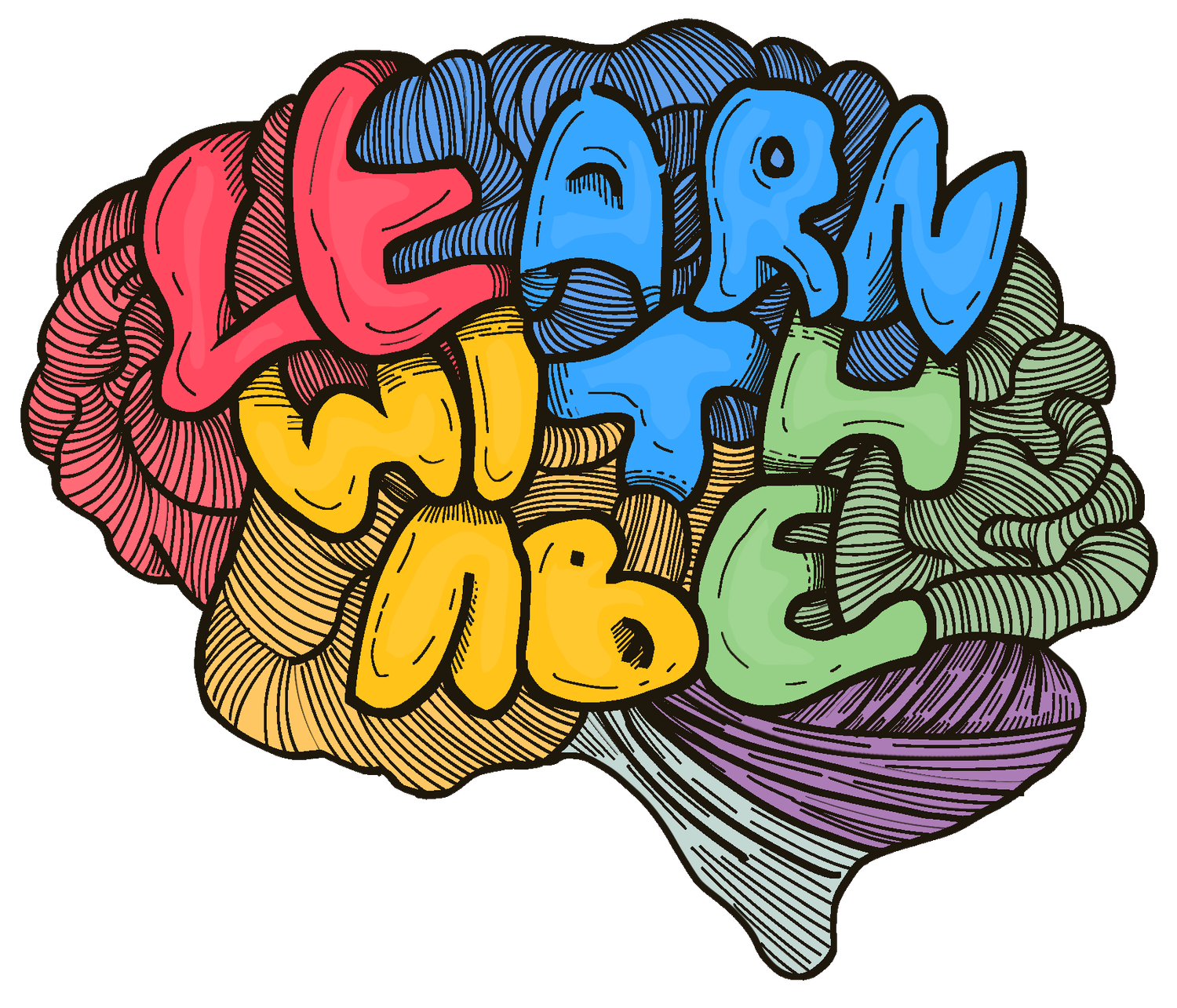10 Best Ways to Use Active Learning to Ace Your Classes
Active learning is a critical skill that all successful students and professionals implement in their daily lives and careers. Unfortunately, most people have a negative perception of education because of bad experiences or poor mentors.
If you want to make the most of your education, make learning enjoyable, and maximize your time in lectures, there are a few things you can do. In this post, we’ll provide the 10 best ways to use active learning to get better grades in college (or high school) and a better educational experience overall.
Why is Active Learning Important?
Active learning refers to the multitude of ways students can engage with the material they are being taught and how students participate in their learning during class. Often, the best form of active learning involves some form of problem-solving in which an individual generates various solutions to some problem and uses multiple cognitive processes to determine the best solution.
Active Learning
10 Ways to Use Active Learning
Implementing active learning techniques is one of the best ways to increase your grades in class. Here are 10 ways to use active learning.
1. Take responsibility for your learning
Active learning. Source: Wiley.com
While it’s easy to blame a lousy professor for a low score on an assignment, it’s hard to remember that learning is our responsibility. We need to remember our motivation for pursuing an education, whether it be to better our lives or grow our understanding of the world. Of course, professors who make learning miserable should be held accountable, but learning in itself is the job of everyone who wants to partake!
2. Take risks and learn beyond what is taught in class
Take risks beyond what you learn in class. Source: Viewsonic.com
You may have heard the saying, “no risk means no reward.” This saying is not only valid in the stock market or poker, but even more so in the classroom. To take risks is to ask questions beyond what is assigned by your teacher and pursue the answers to these questions. If we are not the ones who control our thoughts, then we are merely cogs in a machine that only leaves students superficially prepared for their future careers and passions.
3. Learn to embrace difficulty and frustration in your studies
Learn to embrace difficulties while studying. Source: Herald.com
Desirable difficulty is a term that is often used in cognitive psychology to describe a phenomenon of enhanced learning following challenging tasks. Therefore, understanding that learning is a little complicated and embracing that fact will ultimately enhance your appreciation and learning overall.
4. Use mistakes or misunderstandings as opportunities to learn.
Mistakes are great opportunities to learn.
This one is a cliche that is often underestimated. People often shy away from challenges because they are afraid to fail. Students won’t answer questions in class just in case they are wrong, and they will change their answers on assignments to match their friends despite disagreeing. These scenarios are all too common (trust me, I would know), but they highlight a critical error that we make to fit in with social expectations. Learning is beyond niches/norms. It is its own institution that must take priority over the perceived embarrassment that only holds us back.
5. Engage in active listening while in class
Active listening is more than staring at a professor while they talk. It is the act of connecting concepts that you are currently learning to concepts that you have learned in the past. For example, if your professor talks about the cardiovascular system and mentions that the heart pumps blood throughout the body, then you should actively try to connect this with things that you learned before, like the heart is a muscle because it contract, heart contractions must involve calcium similar to skeletal muscle, and blood is pumped throughout the body because it is carrying oxygen to cells (which they need to make energy).
6. Participate in a class by either asking questions or answering them
Participating in class can expedite your learning substantially.
Engaging with the material you are being taught is the definition of active learning, therefore answering questions or asking them is vital to increasing your understanding and overall confidence with the material you are learning.
7. Express your ideas and opinions
Learn to express your ideas and opinions
Expressing own thoughts is a critical component of learning. Without ideas or opinions, we would be nothing better than a textbook that can regurgitate material that is already known. Our ability to take this material and apply it to a variety of situations is what makes learning so unique.
8. Accept constructive feedback as an opportunity for growth
Constructive feedback can help you identify ways to improve. Source: Feedough.com
No one likes to hear that they are doing something wrong, but it is an integral part of growing as an individual. Instead of avoiding situations or conversations in which you may receive constructive feedback, seek them out and listen to all feedback you receive. Either way, you will learn something! If the person offers helpful feedback, then now you can implement it. If they offer useless feedback, then ask them to elaborate, as this often means they don’t know much themselves!
9. Prepare for class every day
Prepare for class. Source: Scolarlyoa.com
If you get PowerPoint before the lecture, go over the lecture before your class. If you have a textbook that your teacher is using as reference material for their PowerPoint, read the chapters before your class. Just like you wouldn’t go on a hiking trip to mount Everest without training or a good jacket, you shouldn’t go to your class without an idea of what you will learn!
10. Teach others and take learning for what it is, a way to understand both the world and ourselves better.
Learn! Source: Aihr.com
If you want to learn, then teach. Teaching is a valuable way to identify gaps in your understanding. It is difficult to explain how the destruction of dopaminergic neurons in the basal ganglia leads to the movement disorder Parkinson’s disease if you don’t know what dopamine is. The best way to do this is to get a group of friends (don’t shy away from asking strangers, too) and form a study group that meets once a week. You can all increase your understanding together while also making learning more fun!
Start Using Active Learning
It is now time to start using active learning to ace your classes. If you want more insight on using active learning or would like to ensure your grades improve, reach out to one of our science tutors today!











